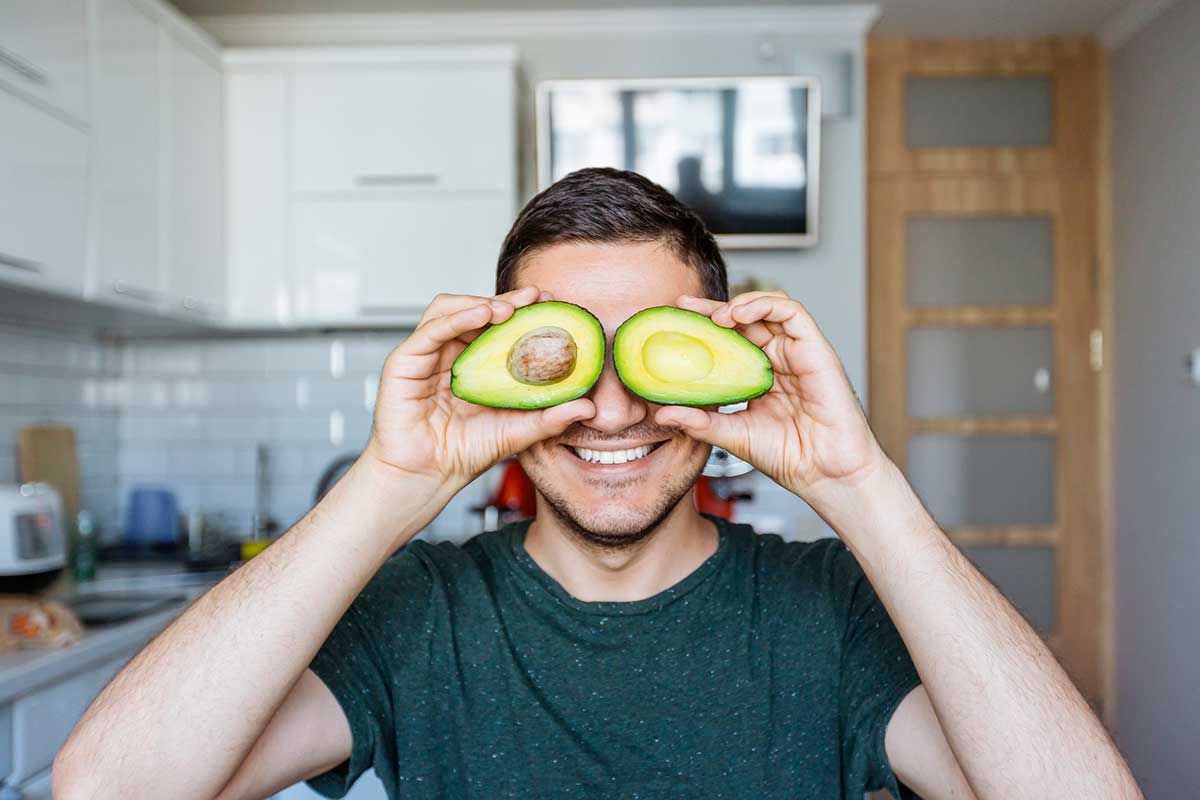Kid’s Health, Lifestyle Tips
Sober Curious? Here’s What It Means for Your Health

Drinking less can help your physical and mental well-being. Get started with these tips.
A new movement encourages is encouraging people to take a closer look at their relationship with alcohol and consider whether its benefits outweigh the downsides. Being sober curious can mean that you take a lengthy break from drinking or set boundaries for your alcohol intake. Many people who limit their alcohol intake find that they are happier and healthier without alcohol in their lives.
What Is “Sober Curious”?
The concept of being sober curious has gained mainstream popularity in recent years. Sober people abstain from alcohol — a choice based on health concerns, religious beliefs, a personal or family history of addiction, or simply personal preference. People who are sober curious, on the other hand, may drink on occasion but establish times when they do not. For some, sober curiosity is an attempt to determine whether drinking alcohol serves them or if they miss it. For others, it might be step toward deciding whether complete sobriety suits them.
A sober curious approach to drinking may look like any of the following:
- Limiting the number of alcoholic beverages you have in a social setting
- Refraining from drinking alone or on weeknights
- Deciding not to drink for a set time or taking part in an alcohol-free challenge such as Dry January
Alcohol consumption has seen a steady decline among people ages 18 to 34, dropping by 10 percentage points in the past two decades. Also, research shows that many young adults are drinking less since the onset of the COVID-19 pandemic. Study participants in their 20s who reported themselves as heavy drinkers before the pandemic had 13 fewer drinks per month, on average, in the years after. This could be due, in part, to participants drinking in social settings less often or to a bigger focus on personal health and mental well-being.
People with a history of alcohol addiction should not experiment with a sober-curious lifestyle. According to Alcoholics Anonymous, alcoholism is a lifelong condition, and anyone who has experienced addiction or dependency should not attempt to drink again.
Benefits of Drinking Less
Some people have touted the health benefits of having a glass of wine each day, but experts say these may not be true. In fact, the World Health Organization says that no amount of alcohol is safe for health. Drinking less alcohol — or none at all — can have significant health benefits, including:
- Reduced short-term side effects such as hangovers, high blood pressure, inflammation and high blood sugar
- Lower risk of conditions such as heart disease, stroke, liver disease and cancer
- Improved immune function
- Enhanced brain function
- Better sleep quality
- Better mental health, self-confidence, work performance and relationships
Read More: Stay Sober During the Holidays with These Actionable Tips
Leading a Sober Lifestyle
If you are considering whether sobriety or sober curiosity is right for you, there are several things you can do.
- Make a plan: Preparation is key to successfully sticking with a lifestyle change such as limiting alcohol. Take time to make a plan that fits with your goals. What boundaries will you set around drinking? How will you answer friends’ and family members’ questions when you decline a drink? What do you hope to gain from taking an alcohol break? With preparation, you’ll feel confident in your choices and more likely stick with the lifestyle.
- Seek out sober social activities: Rather than meeting at a bar, where you’ll have to turn down drink offers or find nonalcoholic options, suggest alternative places to get together with friends, family or dates. Have a picnic at a nearby park, walk through a museum or meet up at a coffee shop.
- Have fun with nonalcoholic drinks: Teas, fruit-infused waters and mocktails can be great ways to enjoy a drink without adding alcohol. Look for refreshing recipes, or ask your server for nonalcoholic drink options the next time you dine out.
- Find a like-minded community: Share your journey with supportive friends or loved ones. It’s helpful to have people who understand your goals, and you can invite them to join your sober-curious journey if they’re up for it.
- Keep track of how you feel: Write in a journal or make a note in your phone about how it’s going. Include any benefits you notice, struggles you experience and ideas for how to modify your sober-curious lifestyle going forward.


